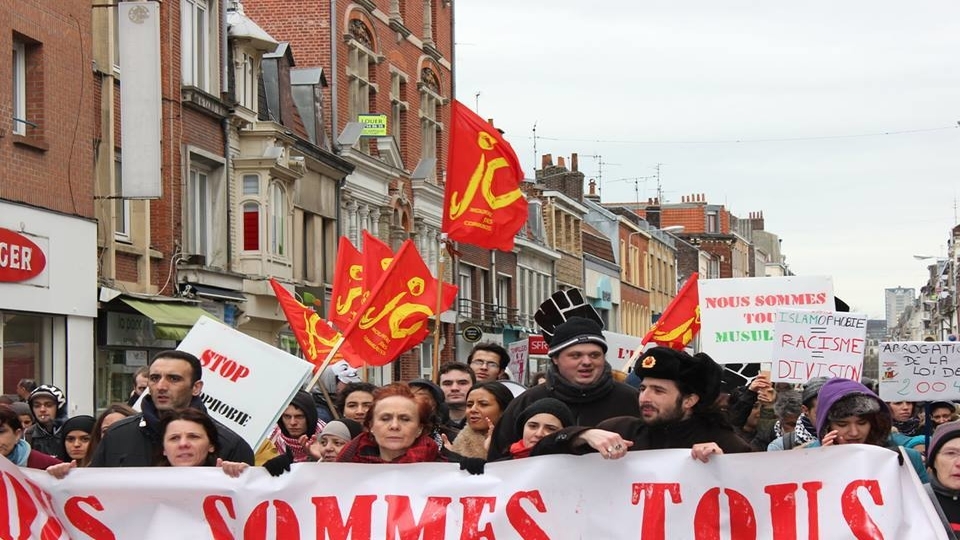The Jeunesses Communistes or the young communist movement of France will celebrate the 100th anniversary of its founding next year. The following is an article by Édouard Antide of the Mouvement Jeunes communistes de France chronicling its formation during the tumultuous 1920s.
The youth communist movement in France dates back to November 1, 1920, when a majority of the French Socialist youth joined the International of Young Communists (ICJ) at the historic Congress of la Bellevilloise in Paris – two months prior to the foundation of the French Communist Party (PCF). Named the National Young Communist Federation the following year, the movement marked the inception of the Jeunesses Communistes (JC) in France.
The end of the First World War was a turning point for the labor movement in the country. In another remarkable event, the October revolution led the Bolsheviks to power in Russia, and in March 1919, Lenin created the Communist International (Comintern), also called the Third International. However, the question of membership of the Comintern, along with the birth of communist parties divided the workers’ movement on certain issues. Without waiting for a go ahead from their principal organizations, several youth socialist organizations joined the emerging communist movement.
It was during November 1919, at a secret conference held in Berlin by the International Union of Socialist Youth Organizations that the decision to create the International of Young Communists (ICJ) was taken. However, no French delegates were present at this conference.
While most socialist youth organizations in Europe voted to go for ICJ’s membership, the powerful German and Austrian youth organizations expressed a desire to stay within the socialist fold. The ICJ also proposed its membership to the young French socialists, and encouraged them to be independent from the Workers’ International (Socialist Party).
However, in France, a debate emerged on the issue, revealing deeper divisions among the French socialists at the time. Even within the French Section of the Workers’ International (SFIO), membership to the Comintern was disputed. One of the specific features of this debate, apart from the question of relevance of joining the communist movement, was the concern regarding the autonomy of a youth organization to take its own decisions, and the attitude to be taken towards the SFIO.
On October 31 and November 1, 1920, the congress of the Socialist youth was held in la Bellevilloise in Paris. The two differing sections of the French youth movement clashed during this congress, with the leadership refusing to join the ICJ and affirming the decision-making authority of the SFIO in this regard. According to them, the role of the youth organizations must be limited to propaganda and recruiting and training of new adherents for the party. The youth organizations were thus not considered to be in a position to take a decision on ICJ membership.
However, the rest of the French Socialists rejected such a conception, and claimed that it was necessary for a revolutionary youth organization to be capable of fighting alongside its elders. Thus, the congress triggered a debate about the role of a youth political organization in the country. Finally, on November 1, 1920, the majority of the French Socialist youth voted to join young communist movement, becoming the precursors to the Mouvement Jeunes communistes de France (MJCF), or the Jeunesses Communistes (JC).





